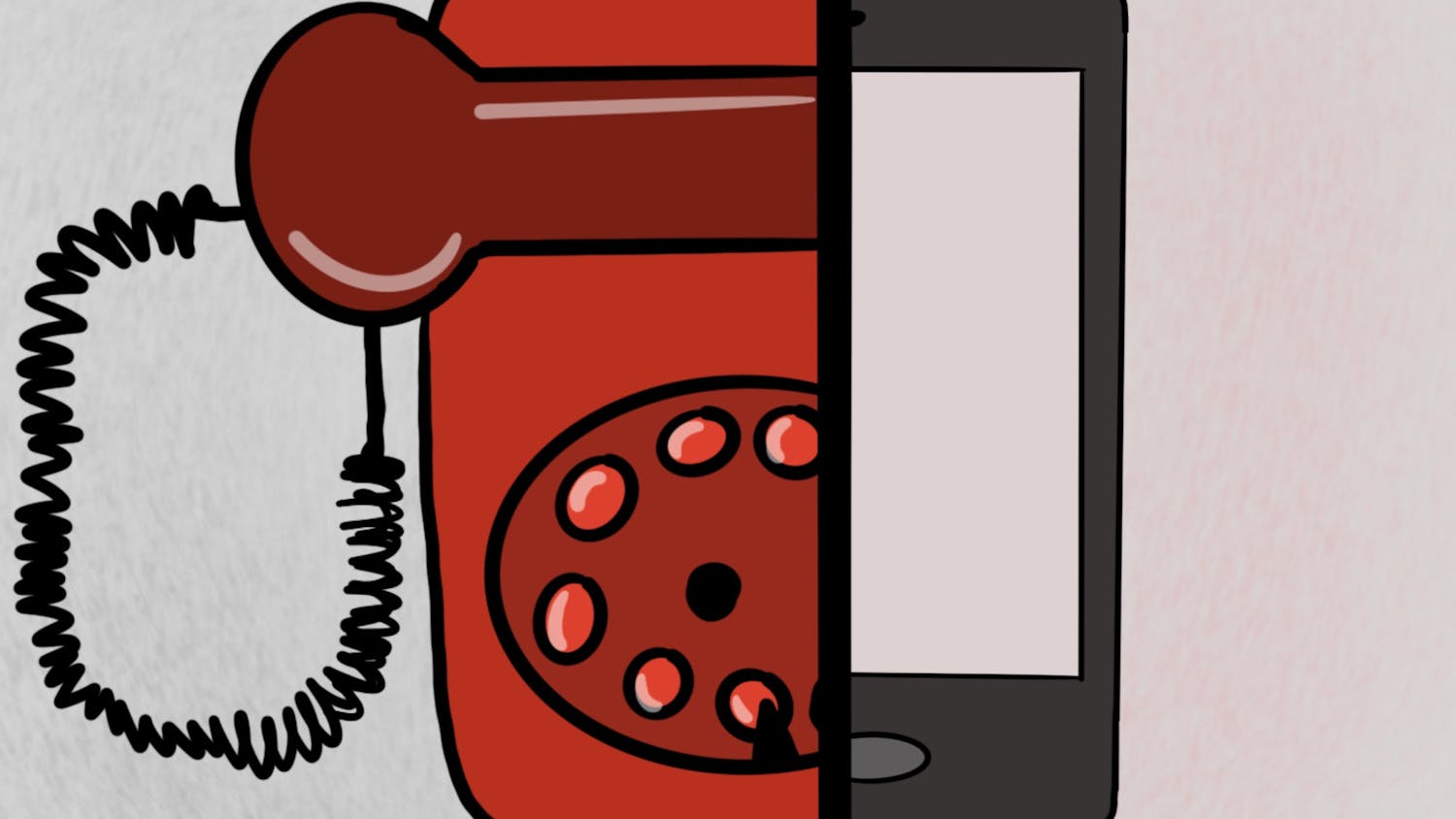When you think of the phrase “friends with benefits,” the 2011 summer rom-com starring Justin Timberlake and Mila Kunis may spring to mind — or you could be questioning what that hot guy from your hometown is up to right now.
“Friends with benefits” is usually defined as two friends who are in a sexual relationship without being emotionally attached or monogamous with each other. The friendship usually exists beforehand and there’s discussion about what both parties want in the short run.
Some people in college see this arrangement as a viable alternative to a committed relationship because they want to focus more on classes, friends and clubs.
FWB has different variations depending on whether you and your partner are looking for something casual or want a more “dating without the label” vibe. According to a 2013 study by California Polytechnic State University, seven distinct categories separate those situations:
1. True Friends
Two people who already know each other and often spend time together talk about trying casual sex. They continue to be sexual with each other if they enjoy this new element to their relationship.
Bobcat Experience: You’ve been meaning to get closer to this really cute person from Spanish class who studies with you over coffee. Or you keep seeing a really cute acquaintance at music venues, but you want to move past just sharing a cigarette.
2. Just Sex
This describes a friendship that only stays afloat because both people are sexually attracted to each other and act on those feelings regularly.
Bobcat Experience: You match with someone on Tinder who has the same music taste. Conversation is a bit stale when you go over to their place, but you both hookup anyway and you keep coming back for more.
3. Network Opportunity
Two people who have mutual acquaintances and often cross paths at social events end up going back to the same place after the festivities are done.
Bobcat Experience: When you spot this person at Pyramids, you talk the entire night and end up waking up in their bed the next morning.
4. Successful Transition In
You may be good friends with someone and goof around with them on occasion, but you haven’t had the “what are we” conversation yet because you don’t know where you want to end up.
Bobcat Experience: You’ve talked about this person to your closest friends and seeing them at club gatherings brightens your day. The dilemma comes when you don’t want to miss the opportunity to date them, but you don’t want to ruin what you have now.
5. Failed Transition In
These pairs realize that they don’t want to be more than friends with benefits, but still enjoy being sexual.
Bobcat Experience: You appreciate this person and the role they play in your life. Going to bars together can still be fun. However, you’re irked when someone asks if you two are dating. Both people understand their faults and why a committed relationship just wouldn’t work.
6. Unintentional Transition In
This situation arises when you and a partner attempt to have a standard friends with benefits setup, but end up in an actual relationship more by chance than planning.
Bobcat Experience: You spend many of your days in Athens with this person and they’re a pretty close friend. Both of you have definitely met each other’s friends, most of whom wish you two would just hurry up and make it official.
7. Transition Out
Sometimes people who decide to no longer be in a committed relationship continue to have sex as friends.
Bobcat Experience: You and your partner decide on a mutual splitting because you’re about to graduate and move to New York while they have three more semesters on campus left. Still, you want to enjoy the last months of your time together on campus.
Every person who has a friends with benefits relationship sets their own ground rules, either by communicating with their friend or imposing their own expectations on the other person. There are some common rules for a typical arrangement — don’t cuddle, don’t introduce them to friends, don’t get jealous, don’t spend the night and, most importantly, don’t fall in love.
Occasionally, you’ll have people who disregard everything about a normal friends with benefits relationship. These ones may not want you to leave their place after the deed is done and you may fall asleep in their arms. They may buy you dinner before you get intimate or take you to an important social gathering. They may want to be the only person you’re sleeping with even without calling you their “partner.” And that’s OK. You and your FWB just have to be on the same page about what you’re expecting and where boundaries should be set.
Most importantly, you should just enjoy the company of your non-platonic friend. Your sex lives should fulfill each other’s needs while being safe and fun.





